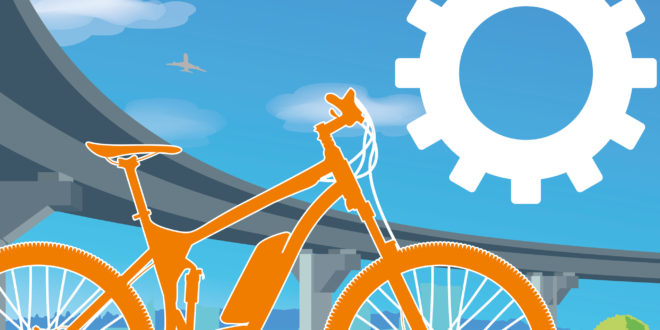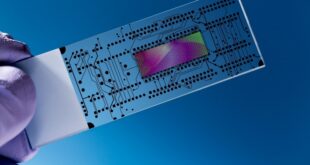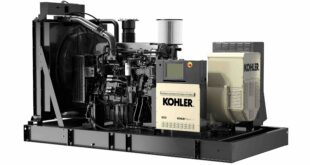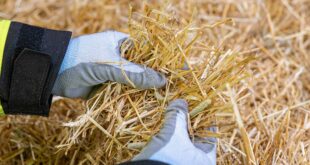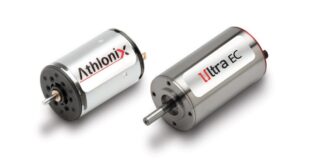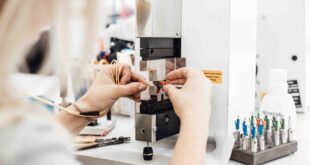The bicycle has, in recent years, developed from a mere commodity to a weight-optimised lifestyle apparatus.
Most recently, electrification has contributed significantly to this trend.
According to the German bicycle industry association Zweirad-Industrie-Verband (ZIV) sales of e-bike in the country increased by 19% last year to a total of 720,000 units. In 2016, 605,000 were sold, an increase of 13%.
Continual advancements in their design are essential make them more appealing.
Motors on today’s e-bikes, for example, are about 25% smaller than their predecessors, with a weight of about three kilos.
They also operating much more quietly. e-bike tinkerers like Lars Hartmann from Reichshof are not satisfied with that, however.
For Lars, the excessive noise of the bicycle chain became unacceptable – the metal sprocket being the root cause.
Looking for an engineering plastic alternative, he turned to the igus 3D printing service.
“The standard metal pinion generates a lot of noise when in use,” explains the inventor. “With the igus online 3D printing service, the appropriate data could be uploaded as a STEP file, the material selected and the desired quantity ordered.”
The material he chose was iglidur I3 for selective laser sintering (SLS), which is also suitable for industrial and small batch use.
The custom-made parts are not only self-lubricating and maintenance-free but also smooth running and therefore quieter than their metallic counterparts.
In the igus test laboratory, plain bearings made from iglidur I3 have been compared with common materials for selective laser sintering.
In pivoting, rotating and linear motion tests, the parts are at least three times more wear resistant than the standard materials.
Lars received the sprockets within a couple of days. They have been in use for two months on two bikes and, he says, the noise level is distinctly lower.
 Engineer News Network The ultimate online news and information resource for today’s engineer
Engineer News Network The ultimate online news and information resource for today’s engineer
